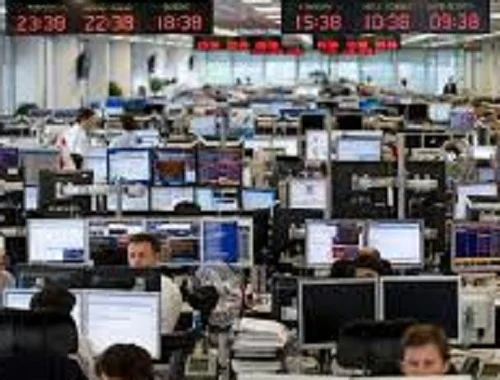The hidden costs of Evergrande affair
7th October, 2021|By Daniel Carpenter, Commercial Lead at Meritsoft (a Cognizant company)

By Daniel Carpenter, Commercial Lead at Meritsoft (a Cognizant company)
By Daniel Carpenter, Commercial Lead at Meritsoft (a Cognizant company)
Thinking that the financial pain of China’s second largest property firm tittering on the brink has already been felt by the wider financial system, then think again.
At a macro level, investors may start to lose faith in dollar denominated emerging market bonds, which could see sovereign debt inflows return to safer parts of the world. But what about the knock-on effect of Evergrande’s status across the global investment banks? The market mayhem has driven an increase in overall trading volume over the past few days which is the wider market affirming that there is a real concern. After all, the more prices go down, the bigger the indicator is that markets are pricing knowing that central bank of China is not going to step in.
The logical knock-on effect is as volumes rise, investment banks inevitably pay more in trade expenses. In a global survey of over 400 employees from the tier one and tier two investment banks and inter-dealer brokers, 80% of respondents said they were paying between $250m (£184m) and $1bn in trade expenses last year – with costs ranging from exchange and clearing expenses to brokerage and custodian bank fees.
This is a financial headache any trading desk head could really do without. Dealing with multiple brokers is challenging enough in calmer market conditions, but when prices are sinking and the number of trades are increasing, it is even harder for a bank to get a true handle on how much they will be charged.
While information needed to calculate the basic fees is typically available, the information required to determine better rates or to justify passing along costs may not accompany it. After all, fees vary significantly depending on how a trade is executed and settled. The trouble is that the fees and billing process is typically carried out reactively at the end of the month, as opposed to a daily.
This may be fine if every bill comes in on a monthly basis, but some of these Evergrande’s linked trades could be on a three-month cycle. Consequently, a lot of key information stands to be misplaced. For many banks trading the global debt markets right now, not just the regional ones directly exposed to the mortgage meltdown in China, there is far more to Evergrande than meets the eye.


